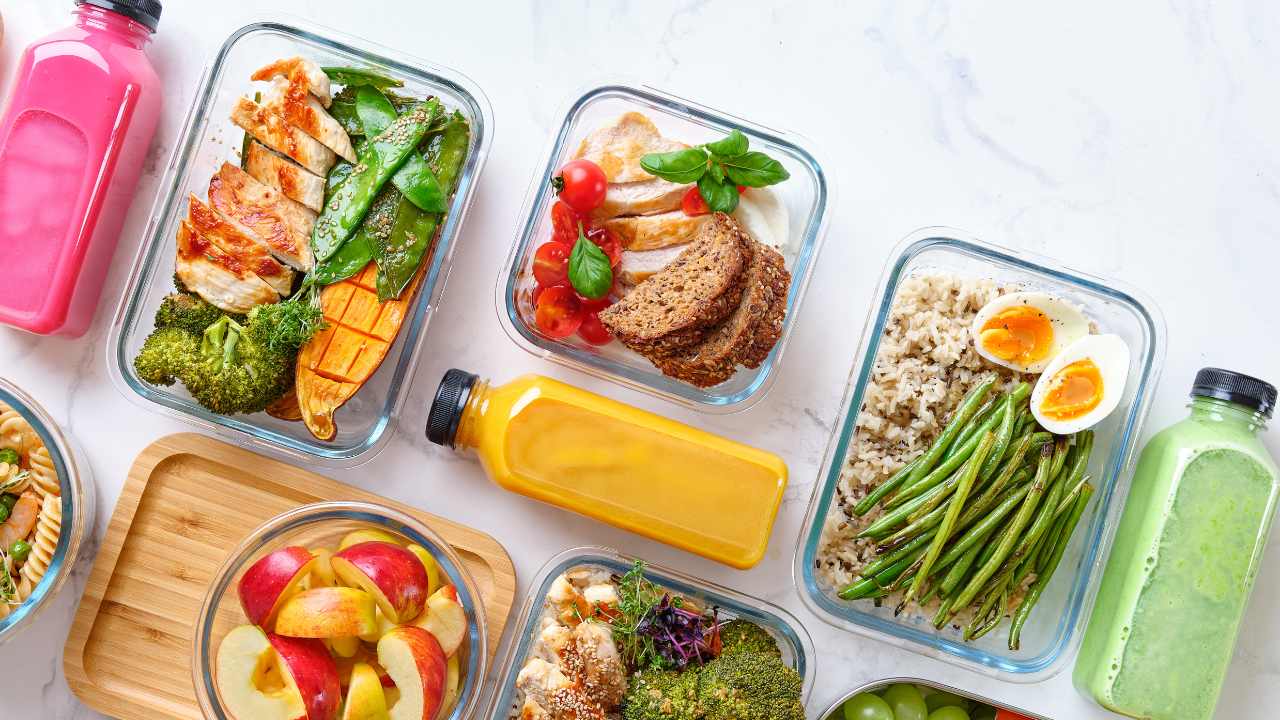In a world driven by fast food, convenience, and overwhelming dietary advice, building sustainable, healthy eating habits has become more crucial than ever. Whether you’re trying to lose weight, maintain a balanced lifestyle, or simply feel more energized throughout the day, healthy eating is the cornerstone of long-term well-being. This comprehensive guide explores the best healthy eating habits you can start implementing today, backed by current science and nutrition research.
Start Your Day with a Nutritious Breakfast
Breakfast is often considered the most important meal of the day. A healthy breakfast kickstarts your metabolism, boosts brain function, and helps prevent overeating later in the day.
Healthy breakfast ideas include:
- Oatmeal topped with berries and chia seeds
- Greek yogurt with nuts and honey
- Whole grain toast with avocado and poached eggs
Pro Tip: Avoid sugary cereals and processed breakfast bars. Instead, focus on fiber, protein, and healthy fats.
Also Read
Learn more about the importance of breakfast from Harvard Health
Practice Portion Control
Even healthy foods can lead to weight gain if consumed in excess. Portion control helps regulate calorie intake and supports digestion.
Tips for portion control:
- Use smaller plates and bowls
- Read serving size labels carefully
- Eat slowly and mindfully to recognize fullness cues
Incorporate More Whole Foods
Whole foods are unprocessed and rich in nutrients. These include fruits, vegetables, whole grains, nuts, seeds, and lean proteins.
Why whole foods matter:
- They’re rich in vitamins and minerals
- They reduce the risk of chronic diseases
- They support gut health with fiber
Avoid foods with long ingredient lists and added sugars. When grocery shopping, stick to the perimeter of the store, where fresh items are typically found.
Stay Hydrated Throughout the Day
Water plays a crucial role in nearly every bodily function. It supports digestion, regulates body temperature, and flushes out toxins.
Hydration tips:
- Aim for at least 8 glasses (2 liters) of water daily
- Carry a reusable water bottle with you
- Flavor water with lemon or cucumber if you need variety
Limit Added Sugars and Refined Carbs
Excess sugar and refined carbs can lead to blood sugar spikes, weight gain, and chronic conditions like type 2 diabetes.
Avoid or limit:
- Sodas and sugary drinks
- White bread and pastries
- Packaged snacks and candies
Choose complex carbs like quinoa, brown rice, oats, and legumes that provide longer-lasting energy.
Plan and Prep Meals Ahead
Meal planning and preparation help you make better choices, reduce food waste, and save money.
Meal prep strategies:
- Design a weekly meal plan with balanced meals
- Batch cook and freeze meals in portions
- Use glass containers for easy reheating
Eat Mindfully
Mindful eating means being present and fully aware of the experience of eating.
How to eat mindfully:
- Eat without distractions (no phones or TV)
- Chew slowly and savor flavors
- Acknowledge hunger and fullness cues
This approach can reduce overeating and increase satisfaction from meals.
Include Plant-Based Meals
Incorporating more plant-based meals can reduce the risk of chronic disease and lower your environmental impact.
Try these ideas:
- Meatless Mondays
- Lentil soups, veggie stir-fries, tofu dishes
- Smoothies with plant-based protein
Benefits of plant-based eating – Mayo Clinic
Watch Your Sodium Intake
Too much sodium can increase blood pressure and risk of heart disease.
Tips to reduce sodium:
- Cook meals at home
- Use herbs and spices instead of salt
- Read nutrition labels for sodium content
American Heart Association on Sodium
Don’t Skip Meals
Skipping meals, especially breakfast, can lead to low energy, cravings, and overeating later in the day.
Instead:
- Eat three balanced meals and 1–2 healthy snacks
- Include protein, fiber, and healthy fats in every meal
- Keep snacks like nuts or fruit on hand for busy days
Be Cautious with Liquid Calories
Healthier alternatives:
- Water, herbal teas, black coffee
- Sparkling water with fruit
- Smoothies with veggies and protein
Read Nutrition Labels
Learning how to read labels can help you make informed choices about what you’re eating.
Look for:
- Serving size
- Calories per serving
- Sugar, sodium, and saturated fat content
Conclusion:
Healthy eating is not about restriction or deprivation—it’s about nourishing your body and mind. By incorporating these habits, you can achieve better energy, improved mood, a stronger immune system, and long-term wellness. Remember, change doesn’t have to happen overnight. Start small and stay consistent. Your future self will thank you.
Frequently Asked Questions
Q1: How do I stay consistent with healthy eating?
Start with one or two habits at a time. Set realistic goals and track your progress. Surround yourself with supportive people.
Q2: Are cheat meals okay?
Yes. Occasional indulgence can prevent burnout. Just ensure your overall eating pattern is healthy.
Q3: How can I eat healthy on a budget?
Buy in bulk, shop seasonal produce, and cook at home. Frozen fruits and veggies are cost-effective and nutritious.
Q4: What are the best snacks for healthy eating?
Nuts, fruits, Greek yogurt, hummus with veggies, and boiled eggs are all great options.
Q5: Is it necessary to count calories?
Not necessarily. Focusing on whole foods, portion control, and balanced meals can be more sustainable.
Stay Connected With Google News

A passionate food writer with a deep commitment to promoting healthy eating habits, I create engaging and informative content that helps readers make better food choices. With a focus on nutrition, wellness, and practical tips, I share easy-to-follow recipes, health-conscious meal plans, and expert insights to inspire a balanced lifestyle. My mission is to make healthy eating accessible and enjoyable for everyone.





